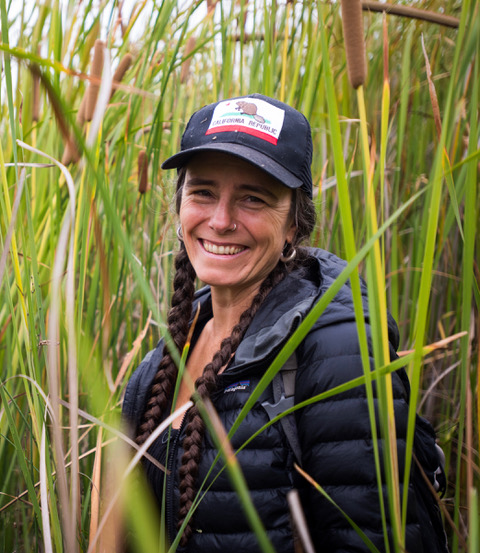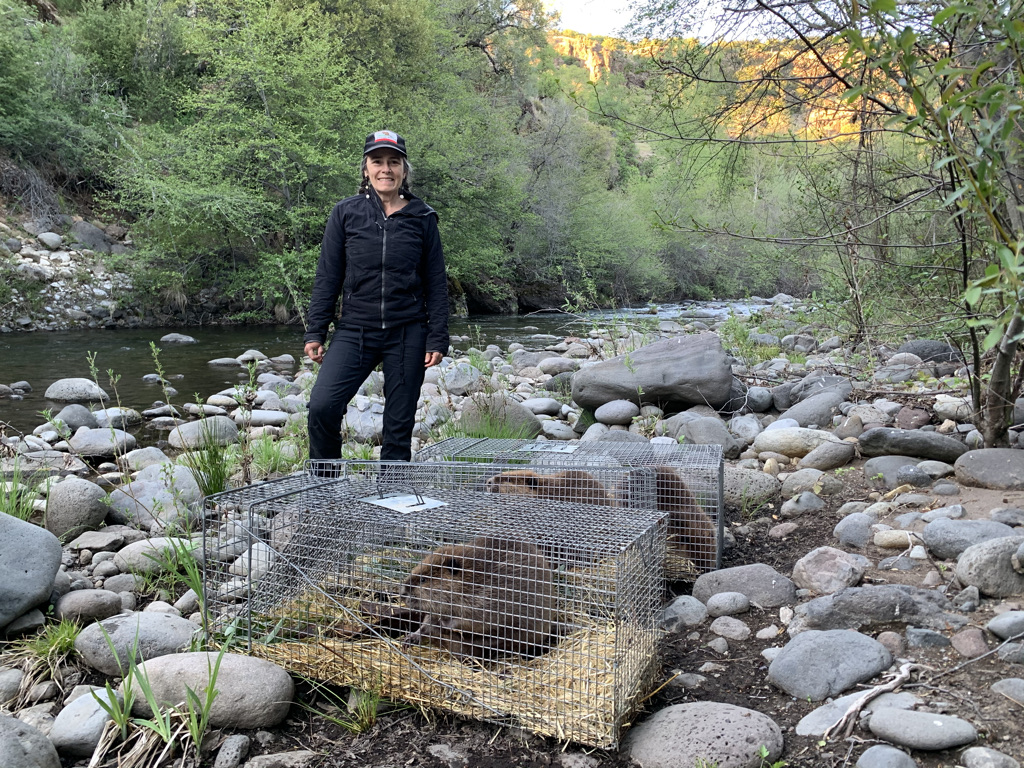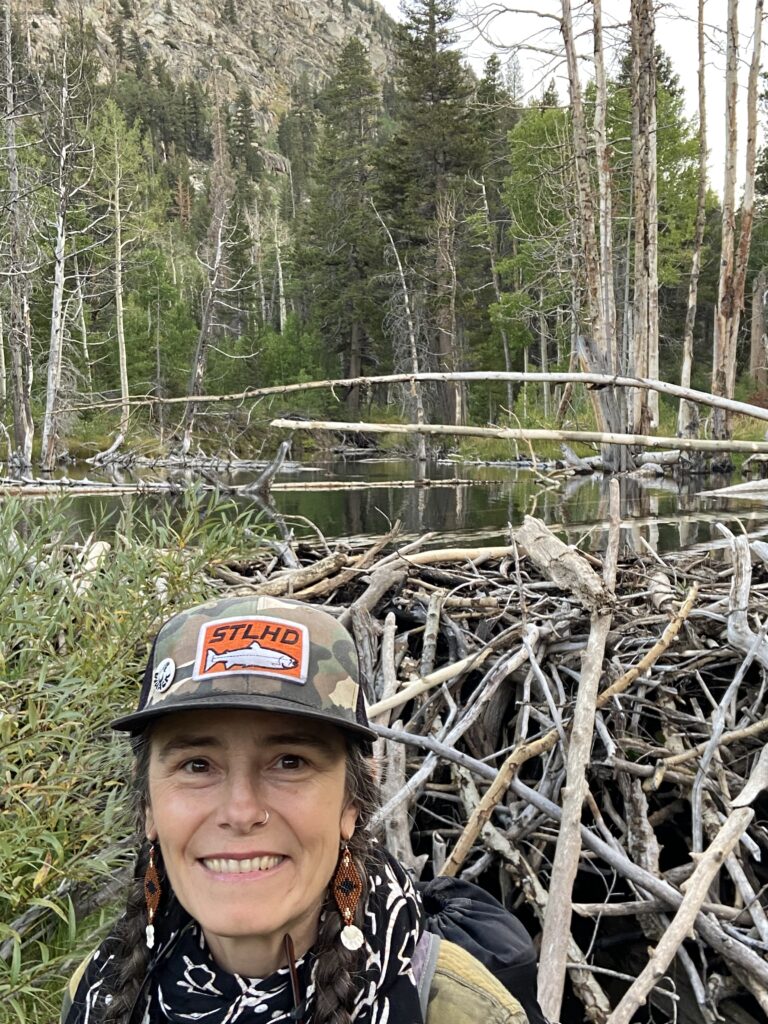Kate Lundquist
WATER Institute Director
Kate Lundquist (she/her) co-directs the Occidental Arts & Ecology Center’s WATER Institute and the Bring Back the Beaver Campaign. Kate collaborates with landowners, communities, tribes, conservation organizations and resource agencies across the arid west to uncover obstacles and identify strategic solutions to conserve watersheds, recover listed species, increase water security and build resilience to the impacts of climate change. Kate works to catalyze the greater acceptance, funding and implementation of beaver and process-based restoration towards regenerating biological and cultural diversity. Kate is a co-founder and member of the California Beaver Policy Working Group and the California Process-Based Restoration Network (www.calpbr.org) and serves as a member of the Beaver Institute’s (www.beaverinstitute.org) advisory board.
On Staff Since: 2005 Email Phone: x118

In Their Own Words
My work at OAEC:
I co-manage the WATER Institute’s Bring Back the Beaver Campaign, conduct outreach and education, implement beaver and process-based restoration demonstrations, and collaborate with diverse partners and decision-makers to advocate for changes in policy and practices. I have the great honor of working with change-makers across the state to support widespread implementation of these innovative, nature-based solutions.
Why my work matters:
Working with a keystone species and wetland engineer like beaver can greatly improve water quantity and quality, enhance biodiversity and restore ecological function to our degraded watersheds. Helping others see where and how low-cost beaver and process-based restoration strategies can be most effective builds the capacity of communities to increase the pace and scale of ecosystem regeneration.







